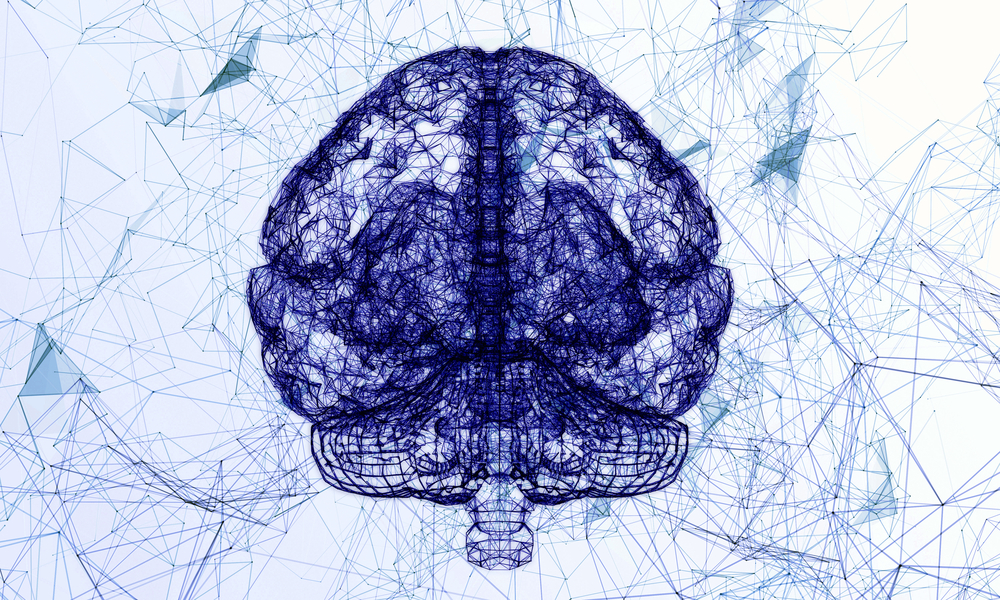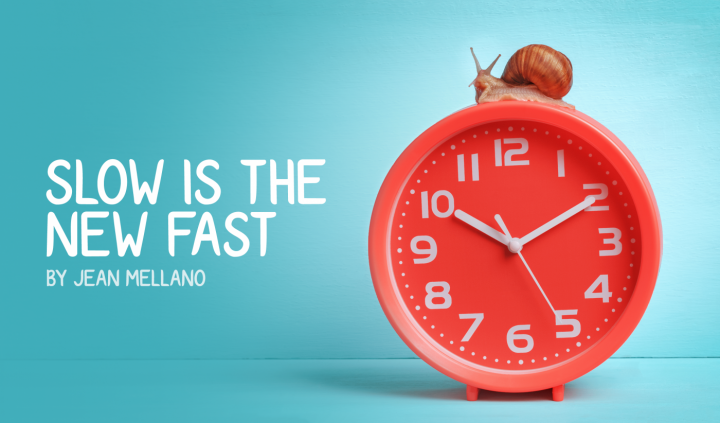Other Things Lewy Bodies Might Do to Our Brains
Written by |

Editor’s note: This column discusses suicide.
Pivotal events in my life have piqued my interest in Lewy bodies. The first event was on March 15, 2015, when my life partner, Steve, killed himself. The second was my diagnosis of Parkinson’s disease in November 2015.
My fascination with Lewy bodies (I’ll define them in a bit) began in August 2016 when I watched a documentary called “Autopsy: The Last Hours of Robin Williams.” In this film, forensic pathologist Richard Shepherd, MD investigated what might have driven Robin to suicide in August 2014. A few months before he died, the beloved comedian and actor had been diagnosed with Parkinson’s.
What might Steve and Robin have in common?
Both Steve and Robin suffered from depression, yet both were supremely talented men with the ability to make so many people happy. To many, it appeared as if they both had lives full of promise ahead of them. According to the documentary, Robin was at a crossroads in his career. Steve also was at a crossroads in his life, trying to sell the business he had built and grown for more than 20 years. The film implied that Robin may have turned to drugs and alcohol to feel better and mask his depression. I believe Steve turned to endurance sports much of his life to accomplish the same. Steve was an 18-time Ironman triathlete finisher, which entails 2.4 miles of swimming, 112 miles of cycling, and 26.2 miles of running.
In my mind, their lives and tragic endings have so much in common.
What are Lewy bodies?
Lewy bodies are abnormal deposits of a protein called alpha-synuclein. These deposits can change how a person feels, thinks, moves, and acts. Lewy bodies can be found in an area of the brain stem where they deplete dopamine, causing Parkinson’s symptoms. There also is a disease called Lewy body dementia, in which these abnormal proteins spread to other areas of the brain. An affected person may become anxious and paranoid. Their decision-making can become impaired. Lewy body dementia can be definitively diagnosed only by a postmortem autopsy.
What was the result of Robin’s autopsy?
According to Shepherd, Robin’s autopsy confirmed the presence of Lewy bodies throughout his brain. Shepherd interviewed the Williams family in an effort to determine Robin’s state of mind prior to his suicide. Robin’s loved ones said he showed signs of paranoia. Shepherd concluded that Robin had undiagnosed Lewy body dementia and that it was this disease that drove him to take his own life.
The Parkinson’s Disease News Today forums are a place to connect with other patients, share tips and talk about the latest research. Join today!
Steve did not have an autopsy. In many states, if the cause of death is apparent, as it was with Steve, an autopsy is not automatically performed. Steve, like Robin, suffered from depression, and he spiraled downward quickly starting in 2014. A few weeks before he died, Steve expressed to me that he was afraid, but he could not, or would not, articulate why. He was my rock, my Ironman, and he never had been afraid of anything before.
I am not a medical professional, and I wrote this column to inspire conversation about undiagnosed Lewy body dementia as a possible cause of suicide, as Shepherd concluded in the case of Robin Williams.
What can we learn from Robin’s death?
I often wonder if brain autopsies should be routinely performed and analyzed for the presence of Lewy bodies in cases of suicide. Obviously, there are emotional considerations for the families and costs involved, but perhaps the knowledge learned from these autopsies may help others.
Maybe undiagnosed Lewy body dementia is more prevalent than we think, especially when suicide is the obvious cause of death.
If you or anyone you know is experiencing suicidal thoughts or needs someone to talk to, please call the National Suicide Prevention Line at 800-273-8255 or visit suicidepreventionlifeline.org.
***
Note: Parkinson’s News Today is strictly a news and information website about the disease. It does not provide medical advice, diagnosis or treatment. This content is not intended to be a substitute for professional medical advice, diagnosis, or treatment. Always seek the advice of your physician or another qualified health provider with any questions you may have regarding a medical condition. Never disregard professional medical advice or delay in seeking it because of something you have read on this website. The opinions expressed in this column are not those of Parkinson’s News Today or its parent company, Bionews Services, and are intended to spark discussion about issues pertaining to Parkinson’s disease.




Paul D Lefebvre
I am acquainted with your activity on the PNT Forums, and want to tell you that this particular entry is especially insightful regarding the potential impact of Lewy bodies. Your advocacy for more autopsies is pertinent and noted.
Thank you Paul for your feedback. I truly believe so much can be learned if autopsies were routinely performed in the case of suicide. My next column will be about brain donation.
Carol Garrick
My husband of 45 years suffered for over a decade with DLB and parkinsonism before succumbing to the disease in October 2018 on home hospice. A brain autopsy was performed and confirmed the suspected diagnosis. The first symptoms I noticed in him were depression and anxiety and he was suicidal several times during the disease process. He had the physical symptoms of Parkinson's, along with cognitive impairments and behavioral issues. He had just turned 67 when he died. What a tragic disease.
Carol, I am so sorry about your husband. Yes, it is a tragic disease that not only impacts the one who has it, but the caregiver and loved ones as well.
J Rivers
What are the reasons not to commit suicide when you have Lewy body disease?
J, I am so sorry you feel this way and suffer from Lewy Body disease. Where there is life, there is hope. Please take care of your mental health as it is just as important as your physical health.
Cathy
Because there are people who love you, whether you know it or not. I'm one of them. You still have work to do on this planet. We all have our deficits and our gifts, please don't deny us yours.
Jb
I have LBD and realize that this disease is slowly taking all my freedom and quality of life from me. I do not want my family to suffer along with me.
JB, I am sorry for your diagnosis. Although your family may feel helpless and really want to help you, I am sure they love you very much. I don’t have LBD and my PD symptoms are not advanced, however, I too don’t want my friends and family to see me this way, so I can understand where you are coming from. May you find some peace